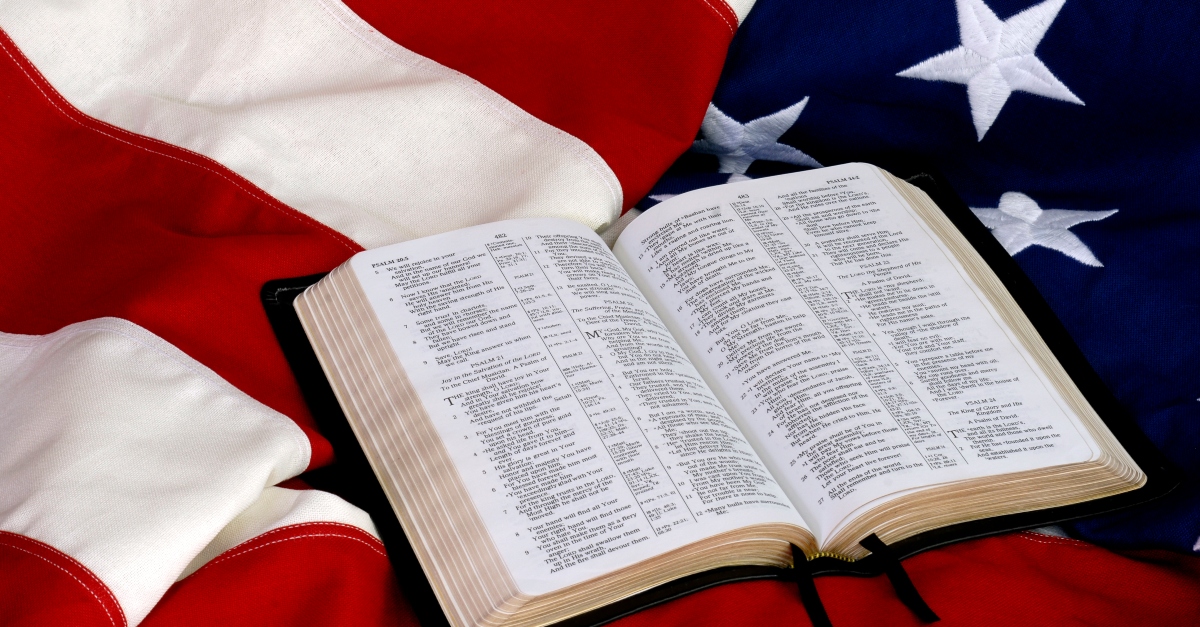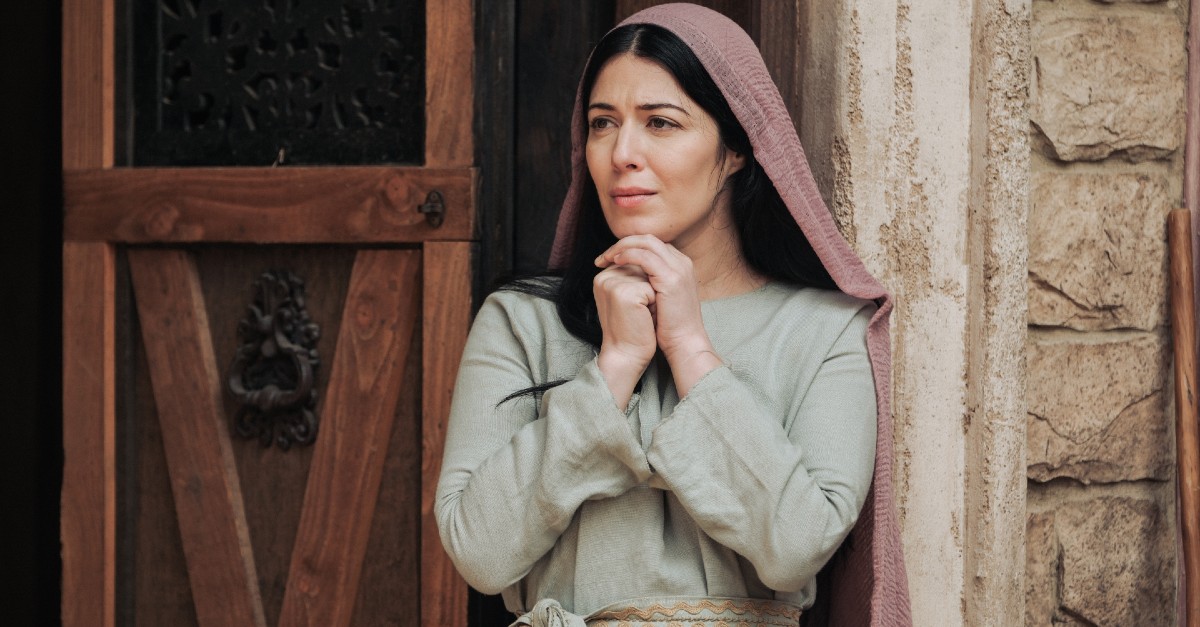The Etiquette of Dua (Supplication) in Islam
Dua, or supplication, is an integral part of Islamic worship and communication with Allah (God) in Islam. It is a way for... The post The Etiquette of Dua (Supplication) in Islam first appeared on Prophets of God.

Dua, or supplication, is an integral part of Islamic worship and communication with Allah (God) in Islam. It is a way for Muslims to seek guidance, blessings, forgiveness, and express their needs and desires to Allah. Observing proper etiquette when making dua is important in Islam. Here are some guidelines for the etiquette of dua in Islam:
- Begin with Praise: Start your dua by praising Allah and sending blessings upon the Prophet Muhammad (peace be upon him). This demonstrates respect and humility.
- Face the Qibla: While it’s not obligatory, it’s recommended to face the Kaaba in Mecca (the Qibla) when making dua. It helps to direct your heart and attention toward the holiest site in Islam.
- Raise Your Hands: It is common to raise your hands when making dua, although there are different methods. Some raise their hands with open palms, while others cup their hands together. This gesture symbolizes supplication and humility.
- Be Sincere: Your dua should come from the heart and be sincere. Show genuine humility and a sense of neediness before Allah.
- Choose the Right Time: While you can make dua at any time, there are certain times when it is believed to be more likely to be accepted. These include during the last third of the night, on Fridays, during fasting, between the adhan (call to prayer) and iqama (establishment of the prayer), and on special occasions like the Day of Arafah.
- Use Comprehensive Phrases: It’s a good practice to use comprehensive phrases in your dua. For example, you can say, “O Allah, forgive me and my family,” instead of specifying each family member individually.
- Repeat and Be Persistent: Don’t hesitate to repeat your supplication multiple times. The Prophet Muhammad (peace be upon him) encouraged persistence in dua.
- Be Patient: Allah may answer your dua immediately, after some time, or in a different form. Be patient and trust that Allah knows what is best for you.
- Pray for Others: It’s a noble act to include others in your dua. Praying for your family, friends, and even all of humanity is encouraged.
- Avoid Hasty Requests: Avoid making hasty or impatient dua. Allah knows what is best for you and will respond in His own wisdom.
- Be Mindful of Your State: Try to be in a state of ritual purity (wudu) when making dua, although it is not a strict requirement. However, it is important to have a clean heart and a focused mind.
- Confidentiality: Some scholars recommend keeping certain personal duas private between you and Allah. Sharing them with others may diminish their sincerity.
- Use Arabic or Your Native Language: While it’s preferable to make dua in Arabic, as it was the language of the Prophet Muhammad (peace be upon him), you can also make dua in your native language. Allah understands all languages.
Remember that dua is a deeply personal and spiritual practice in Islam. It is an opportunity to strengthen your connection with Allah, seek His guidance, and express your gratitude and needs. It is also a means of seeking forgiveness and mercy. Following these etiquettes can help ensure that your dua is made with sincerity and humility.
The post The Etiquette of Dua (Supplication) in Islam first appeared on Prophets of God.
What's Your Reaction?






















![Canva Tutorial For Beginners | How to Use Canva Like PRO [FREE] | Canva Full Course](https://img.youtube.com/vi/yWJp7gQqCQ8/maxresdefault.jpg)
